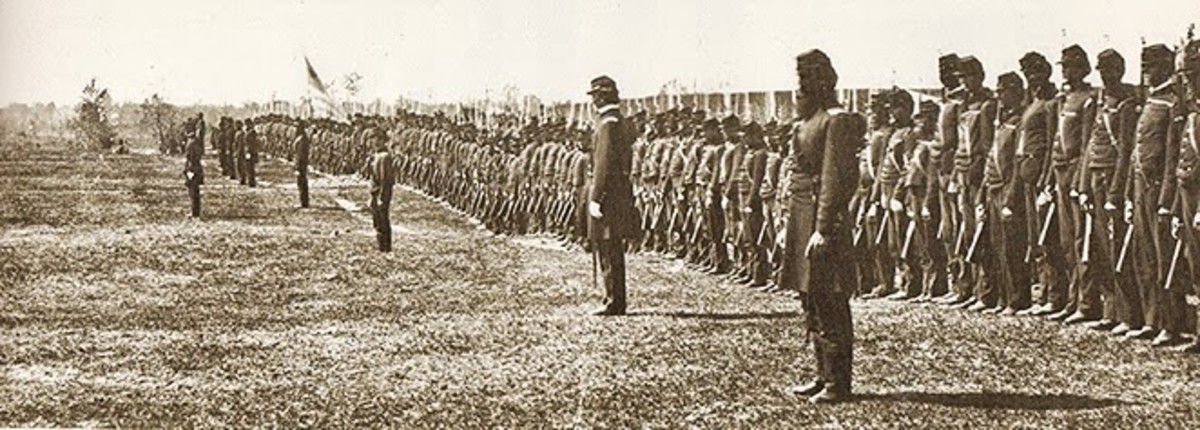Americorps Vista Volunteers: Gain Work Experience by Helping Others

Americorps Vista Volunteers program is like the Peace Corps, but the volunteer opportunities are domestic, meaning within the United States. The goal of the program is to improve the lives of impoverished U.S. citizens across the nation. Each Vista Volunteer commits to one year of service. In contrast to this, the Peace Corps is a 2 year commitment and the application process takes a lot longer. The idea for the Vista program, which stands for Volunteers in Service to America, originated with President John F. Kennedy, but was not actually started until 1965.There are numerous ways that Vista volunteers impact communities in America, including but not limited to:
* Fighting illiteracy by teaching children and adults how to read...
* Organizing and running after school programs...
* Tutoring and mentoring disadvantaged youth...
* Cleaning parks, streams and inner city environments...
* Building affordable housing...
* Helping and rebuilding communities affected by disasters...
* Encouraging healthy diets in the nation's poorest communities...
*Teaching computer skills and workplace skills to veterans...
Who Can Volunteer?
The Vista program is for anyone who has received a college degree. Most opportunities ask for a bachelor's degree, but some request only an associate's degree. There is NO age limit so you can become a Vista Volunteer at whatever time in your life you choose. People apply to the state they want to serve in.
Benefits to Vista Volunteers:
Vista Volunteers are given an $800 stipend per month, but need to use that for their own rent and food somewhere. They are also given health benefits during the year they serve. Their jobs are full time, and they cannot hold down another job while part of this program. This program lasts for 1 year, and at the end of the year, they are also given an educational stipend of $5,550 to put toward education ( such as a Master's degree). It is called the 'Segal Americorps Education Award." On the Vista website, there is a list of schools who will totally, or at least partially match the educational stipend. Princeton is a school that will match the stipend totally, which will give a Vista volunteer $11,100 toward a Master's degree at that school. Other schools, such as Sterling College in Vermont, gives a $1,000 scholarship to add to the $5,550. If a Vista volunteer doesn't want further education, they can choose a $1,500 end stipend instead of the education stipend.The biggest benefit a Vista volunteer will receive is not monetary, but a sense of helping others for the greater good.
Opportunities Available:
I have included the link to the website for the Vista Volunteers program at the end of this hub. But I went there to do some exploring to see what opportunities are currently available. I chose a random sampling of opportunities in states that I personally would love to work/live in for a period of time. There are opportunities in all 50 states, and some U.S. territories, but here are some examples of what a Vista volunteer could do:
California:
* Work with Habitat For Humanity to build homes to eliminate poverty housing.
* Create a bilingual program and service center to promote entrepreneurs thereby creating jobs in that community.
* Be part of a nationwide project to place homeless veterans in affordable housing.
* Work with homeless veterans to find employment and decrease poverty levels among veterans.
Vermont:
* Promote a positive prevention message while encouraging citizens to have fun while following their dreams.
* Operate a bookmobile to schools and libraries offering literacy activities, information, and story times.
* Help run a Drop-In Youth Center to give teens opportunities for healthy recreation while connecting them to services that meet their needs.
* Work on Vermont college campuses to recruit volunteers for community involvement.
* Work with veterans to help address the issues veterans face in communities in Vermont today.
Utah:
* Visit businesses to show them how to increase their incomes and help fund more jobs for low-income people.
* Help improve partnerships in the community to build enrollment in the arts programming.
* If you have grant writing skills you can help the Brain Injury Association of Utah raise funds to better service their clients.
* Help connect community members with career opportunities.
* Work with Habitat for Humanity to build homes and eliminate poverty housing.
* Recruit college students on campuses across Utah to connect volunteers with community agencies who need help.
New York:
* Help train workers in Brooklyn, New York to become woodworkers and fabricators.
* Help N.Y. veterans and their families by connecting them to community agencies who can meet their needs.
* Provide job training and entrepreneurial skills to low-income residents.
* Work with impoverished children as tutors and mentors.
Colorado:
* Create and maintain Boys and Girls Clubs for members of Indian Tribes
* Work with Habitat for Humanity to build homes and eliminate poverty housing.
* Work with the Community Bridge Project to empower low-income families.
* Help students and families in a School Turnaround project.
* Help individuals just prior to and just after their release from the Department of Corrections to fit back into society.
Alaska:
* Provide specialized employment training to increase skills in low-income individuals.
* Work with veterans to establish the aid to meet their needs.
* Work with women in Safe Homes to provide information, outreach, and education regarding domestic violence.
These are only a few opportunities among the myriad of states/opportunities listed on the website.
Personal Volunteer Experiences:
I recently interviewed 2 Vista volunteers who work at sites in Connecticut. Both of them work in a homeless shelter. One recruits and schedules volunteers for the shelter, and the other works with vets in the shelter that are seeking employment. She covers resumes and interviewing skills to better prepare them for the job market. They both joined right out of college after getting their bachelor's degrees.They used the experience to help decide what they wanted to study in terms of a Master's degree. One has decided to get her Masters in Social Work and work in the field of substance abuse. The other will be working with U.S Vets and helping them acclimate back into society. They gave examples of where they and other Vista volunteers are working: One at the local Women's Center, and three at local colleges.. The ones placed at colleges recruit volunteers from the college to go out to non-profit agencies to volunteer.
The Vista Volunteer experience is a perfect fit for some graduating college seniors who want to work for a year before going for their Master's degree, or just want an academic break, and have a meaningful experience. It also works well for people searching to add meaning to their lives, are looking for a possible career change, or are recently retired.
For Americorps Vista Volunteer Information Click the Link Below
Vista Volunteers Poll
Have you volunteeered for the Americorps Vista Volunteers Program?
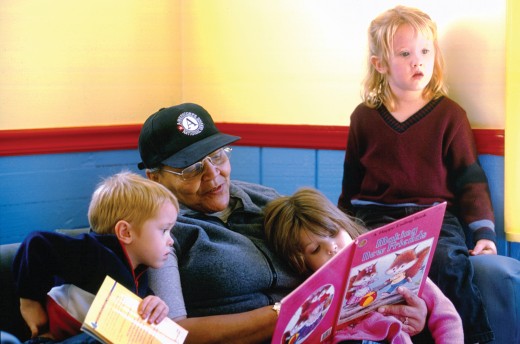
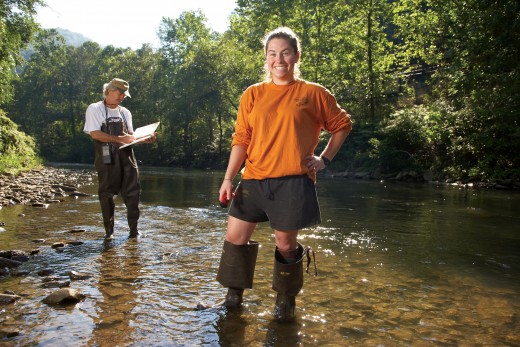
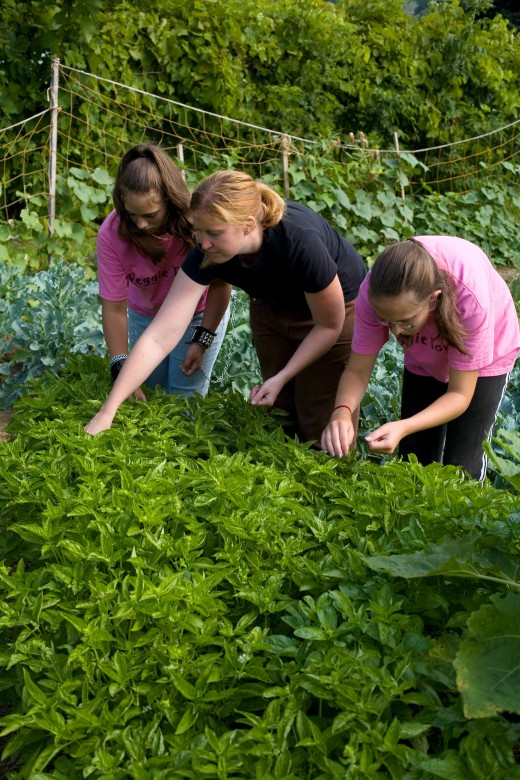
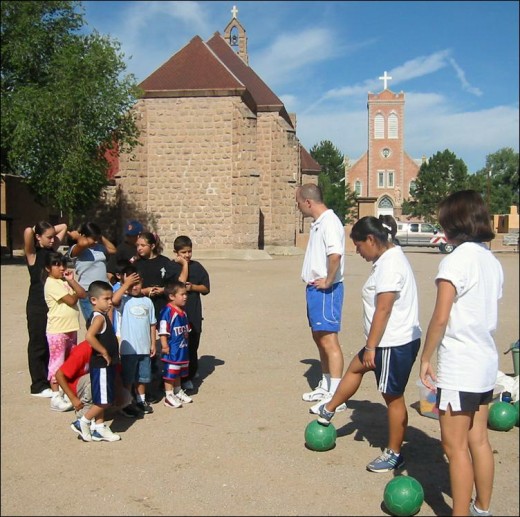
© 2012 Karen Hellier



